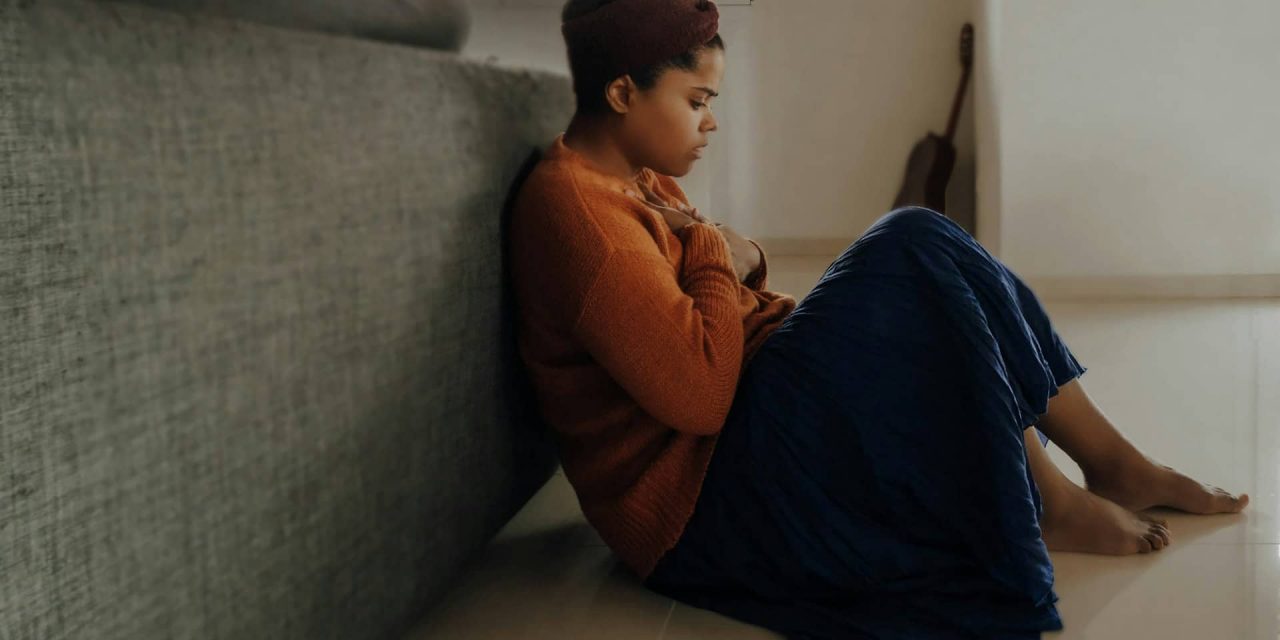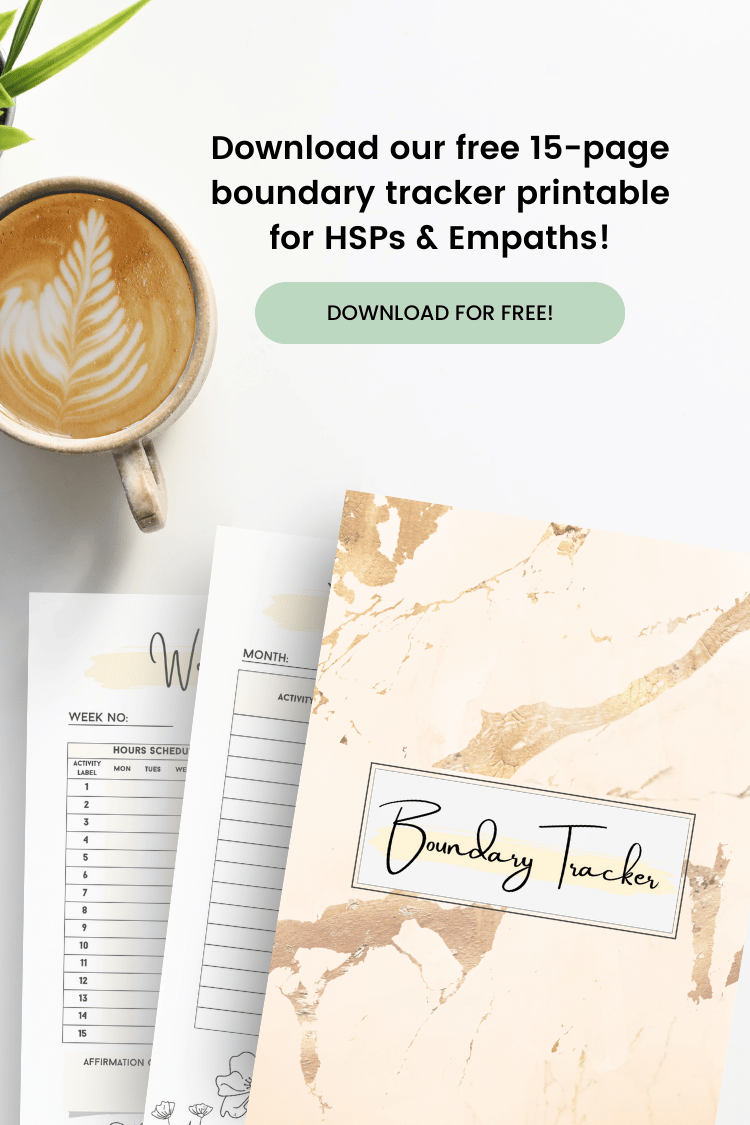Wondering if you’re struggling with health anxiety? In this article, we share common signs of health anxiety and how you can find peace of mind.
Estimated reading time: 15 minutes
Does a dull headache make you question whether you have contracted a deadly virus? Does an exposed scratch make you question your susceptibility to sepsis? More commonly, do you swipe to Google for answers and find yourself feeling even worse about your position? Then you are not alone. Health anxiety is diagnosed in 4-5% of people, however, a huge number of the population suffer similarly with health anxiety but are yet to receive a diagnosis. A fickle term for the sceptics, health anxiety is real and negatively impacts the lives of those who continue to suffer from this mental hindrance.
If you are one of many who suffer from health and medical anxiety, there is hope on the other side. First accepting you have a problem is essential, and then taking the correct steps to overcome this anxiety will ensure you live your life without the constant restraints.
Here’s What You’ll Discover:
Signs you are suffering from health anxiety
The constant worry about your health, even in the absence of any real medical problems, can be incredibly draining. You might find yourself:
- Obsessively checking your body for signs of illness.
- Misinterpreting normal bodily sensations as symptoms of the disease.
- Frequently researching health issues online, often leading to increased anxiety.
- Avoiding doctor visits for fear of bad news, or conversely, scheduling unnecessary appointments for reassurance.
This cycle of worry can take a toll on your mental and emotional well-being, affecting your sleep, relationships, and ability to function at work. If any of the mentioned sound like something you are suffering with, consider the following steps to work through your health anxiety:
Limit Dr. Google
While the internet can be a valuable resource, it can also fuel anxiety. With the internet so readily available and a doctor’s appointment increasingly difficult to get/ pay for, it is understandable that so many have turned their reliability onto Google. The Covid 19 also set this precedent, with instructions to stay inside and only visit medical facilities in emergencies. Now, we are left with a large population with health anxiety due to their lack of confidence in the healthcare system.
Instead, it is time to recognise the importance of visiting a doctor and leaving the diagnosis to them. Google typically highlights the worst-case scenario for each symptom, further enhancing the anxiety surrounding the issue. Set boundaries around health searches. Stick to reputable medical websites and limit your daily research time.
Focus on Facts
When a worry arises, challenge your catastrophizing thoughts. What’s the evidence for your fear? If it came from a simple insert blog or a list of possible reasons amongst 100 others, bring yourself back to reality. Talk to your doctor about your concerns and rely on their professional guidance as opposed to a self-diagnosis. Facts and evidence outweigh simple theories. Health anxiety can have you convinced that you know better than a professional doctor or surgery such as Yapa Plastic Surgery, but this is simply not the case. Leave the hard work to the professionals, and allow them to assess whether your issue is a cause for concern.
Challenge Negative Thinking Patterns
Cognitive-behavioural therapy (CBT) can be incredibly helpful in identifying negative thought patterns that contribute to health anxiety. Consider seeking professional help from a therapist specialising in anxiety disorders. For instance, treatment facilities like Orange County Mental Health Treatment can help you with your anxiety. This is not always an option for people, so consider the more feasible option and spend some time doing inner work. We can be our own worst enemy, especially at times when we feel most vulnerable. Do the courageous thing and challenge your thought process. You will begin to recognise patterns when these thoughts arise, and further identify the que as to when these ruminations are triggered.

Develop Coping Mechanisms
Mindfulness practices like meditation and deep breathing exercises can help manage anxiety in the moment. Meditation and mindfulness can sound too spiritual for some, but the science behind these practices is evidence-based psychology. For example, writing all of your concerns down and considering where these symptoms have derived from is a great way to de-rationalise your anxious thoughts. Also, meditation is proven to quiet the mind and shift your focus from anxiety to a more open and calm mindset.
Practice Self-Care
Prioritise activities that promote overall well-being. This could include regular exercise, healthy eating, and getting enough sleep. A strong foundation of self-care can boost resilience against anxiety, and it can also improve cognitive self-schema.
Connect with Others
Talking to someone you trust about your anxieties can be a form of release. Support groups can also be a valuable resource for connecting with others who understand your struggles.
Bottom line
Overall, health anxiety is manageable as long as the correct action is taken. By implementing these strategies and seeking professional help if needed, you can reclaim control of your day to day thoughts and live your life health anxiety free!








